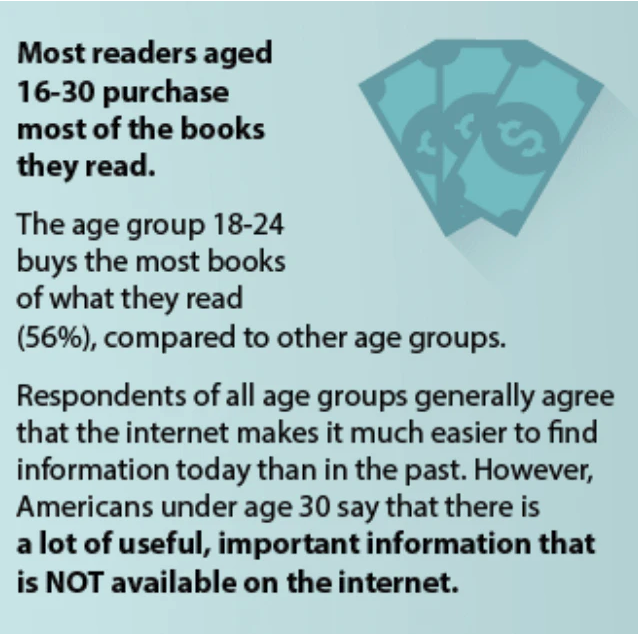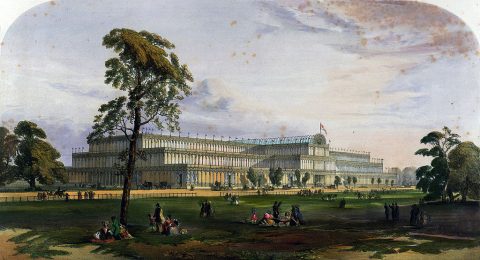In the free portion of his Weekly Dish, Andrew Sullivan considers how other philosophers and statesmen from the age of enlightenment are quickly thrown aside by modern day Progressives, yet one political philosopher remains sacrosanct:
Discrediting a thinker’s broad worldview or legacy by discovering some statement from the distant past revealing him or her to be a bigot by today’s standards is a depressing degeneration in our intellectual life. It speaks of a compulsion to moralize rather than to understand, to shut down rather than expand debate.
Picasso was morally monstrous; but his painting is transcendent. And if you cannot disentangle the two, you are attacking a key liberal principle: that ideas and works of art should be considered on their merits, and not on the virtue or vice of their proponents.
But what makes this illiberalism even more repellent is how selective it is. For a few generations now, critical race theorists have attempted to cancel one Enlightenment thinker after another, excoriating Thomas Jefferson as a bigot and hypocrite, David Hume as a vicious racist, Immanuel Kant of all people for white supremacism. The Age of Reason has been recast as the Era of Hate.
In his new book, The War on the West, Douglas Murray quotes Black Studies professor Kehinde Andrews explaining the rationale for this: “A defense of liberalism is the worst possible thing you want to do. Because liberalism is the problem. It is the Enlightenment values which really cement racial prejudice.” The notion here is that human beings had no tribal, racial prejudices until the Age of Reason dawned. Racial hatred was invented by and is the exclusive property of white people in the last few hundred years. Seriously, that’s what the woke believe.
The attacks on Hume, Jefferson and Kant, moreover, refer to single sentences or asides that represent some of the lazy bigotries of the past. (The entire works of Aristotle and Plato are also on the chopping block because of their retrograde views on slavery, among other things.) And so one wonders if the same standard would apply to every philosopher in the past — way beyond the Enlightenment.
Well, one doesn’t wonder very much … because the bad faith of so much critical theory is a feature and not a bug. The goal is not to see the truth, but to gain power in order to impose their truth. And to accuse you of hate if you dare to demur.
Few examples demonstrate this better than Karl Marx, one of the most repellent anti-Semites and racists of the 19th century. Murray’s treatment is devastating. Let’s cite some of the greatest hits:
The Jewish nigger Lassalle who, I’m glad to say, is leaving at the end of this week, has happily lost another 5,000 talers in an ill-judged speculation … It is now quite plain to me — as the shape of his head and the way his hair grows also testify — that he is descended from the negroes who accompanied Moses’ flight from Egypt (unless his mother or paternal grandmother interbred with a nigger). Now, this blend of Jewishness and Germanness, on the one hand, and basic negroid stock, on the other, must inevitably give rise to a peculiar product. The fellow’s importunity is also nigger-like.
Classic “race science” — yet the left pass it by. The following passage could come from Mein Kampf:
What is the worldly religion of the Jew? Huckstering. What is his worldly God? Money. … Money is the jealous god of Israel, in face of which no other god may exist. Money degrades all the gods of man — and turns them into commodities. … The bill of exchange is the real god of the Jew. His god is only an illusory bill of exchange. … The chimerical nationality of the Jew is the nationality of the merchant, of the man of money in general.
And this is not just a personal aside or footnote or private correspondence. It’s in a published essay, “On The Jewish Question”, from 1843.
What did Marx think of a multicultural society? Roughly what Richard Spencer believes today. In 1853, Marx wrote of the Balkans that the region had “the misfortune to be inhabited by a conglomerate of different races and nationalities, of which it is hard to say which is the least fit for progress and civilization.”










